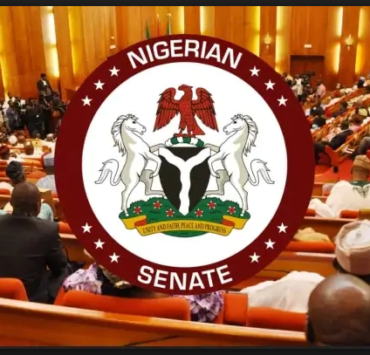Federal Govt Affirms Finance Bill 2022

Minister of Finance, Budget and National Planning, Zainab Ahmed, disclosed this to State House correspondents after the Federal Executive Council meeting presided over by President Muhammadu Buhari at the Presidential Villa.
According to her, the bill, which is currently before the National Assembly, focused on tax as well as reviewing and amending some 11 fiscal laws.
She further explained that rather than proposing new taxes, or increasing tax rates, the Finance Bill for the 2022 fiscal year focused on closing loopholes and improving tax administration.
She said, “This draft bill was prepared by the Fiscal Policy Committee and it focused on tax and reviewing some fiscal laws and also amending some and these laws, about 11 in number, that have been affected. The purpose for us is to be able to refine our fiscal laws to improve tax compliance and also to enhance revenue generation.
“So, the proposed legislation falls under five broad categories. The first one of course, is domestic revenue mobilisation and various measures are proposed in the bill to enhance revenue and these include; one limited, excellent exemptions of case from shares disposals from capital gains tax to long term equity investments, out to a close in tax loopholes for companies that are transmitted from the previous federal public tax regime to the world corporate tax and have recovered tax regime that is provided under the new petrol industry act of 2021.
“Three, there’s also provisions that have been made to prevent the abuse of Personal Income Tax released by individual taxpayers and allowances to evade taxation.”
“This second broad category is Tax Administration Reforms and this include provisions to support the FIRS ongoing reforms to fully automate and deploy technology to enhance collections and encourage taxpayer compliance and there are several measures in that category. But the third one is International Taxation Reforms.
She further stated that “This provision empowers the FIRS to better assess non-resident companies to taxation by taxing profits derived from digital services rendered to Nigerian customers and it’s also designed to reduce the tax compliance burdens on non-resident taxpayers that are not required to register in Nigeria as companies.
“The third broad objective or the Finance Bill is financial reform to enhance tax equity. Most of these provisions that have been made are to enhance ongoing capital market reforms relating to securities lending transactions, real estate investment trusts, as well as the minimum taxation reductions that have been pioneered by the two previous Finance Bills.”
Lawyard is a legal media and services platform that provides enlightenment and access to legal services to members of the public (individuals and businesses) while also availing lawyers of needed information on new trends and resources in various areas of legal practice.













